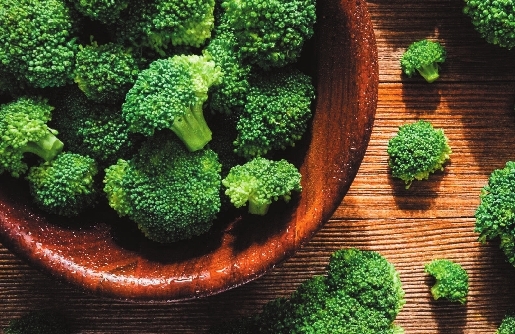
DESPITE your mom’s pleas, if you could never develop a taste for certain vegetables — namely broccoli and brussels sprouts — your genetics may be to blame, new research suggests. Researchers with the University of Kentucky School of Medicine recently concluded that a specific gene may cause some people to be particularly sensitive to the taste of broccoli, brussels sprouts, cabbage and other bitter-tasting veggies. Every person is born with two copies of TAS2R38, a taste gene. Those who inherit two copies of a variant known as AVI are not sensitive to bitter tastes from certain chemicals, according to a news release from the American Heart Association, which is hosting its annual Scientific Sessions later this month. The findings will be presented at the event. Other people, however, inherit one copy of AVI and another called PAV. For those people — which the researchers called “supertasters” — bitter foods taste exceptionally bitter, potentially making it more difficult for them to incorporate heart-healthy veggies into their diet. To come to this conclusion, researchers asked 175 people to fill out a “food-frequency questionnaire” and found those with the PAV form of the gene “were more than two and a half times as likely to rank in the bottom half of participants on the number of vegetables eaten,” per the release. “Your genetics affect the way you taste, and taste is an important factor in food choice,” said Jennifer L. Smith, study author and a postdoctoral fellow in cardiovascular science at the University of Kentucky School of Medicine in Lexington. “You have to consider how things taste if you really want your patient to follow nutrition guidelines.” “We’re talking a ruin-your-day level of bitter when they tasted the test compound. These people are likely to find broccoli, brussels sprouts and cabbage unpleasantly bitter; and they may also react negatively to dark chocolate, coffee and sometimes beer,” Smith added. “We thought they might take in more sugar and salt as flavor enhancers to offset the bitter taste of other foods, but that wasn’t the case.” Moving forward, Smith said researchers hope to use genetic information to pinpoint which vegetables these people may better tolerate, as well as which spices appeal to supertasters so they can make it easier for them to eat more vegetables. (SD-Agencies) | 
